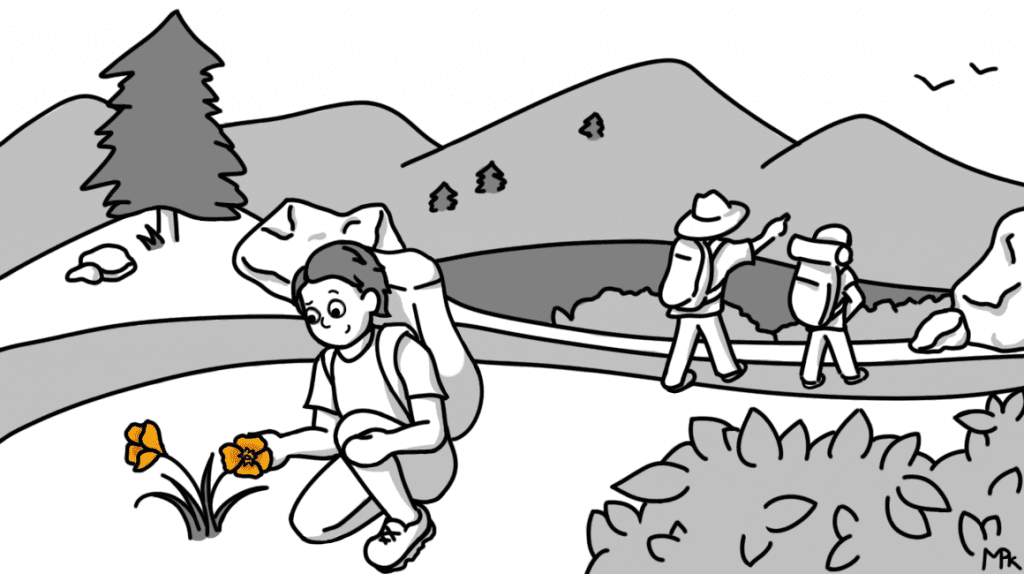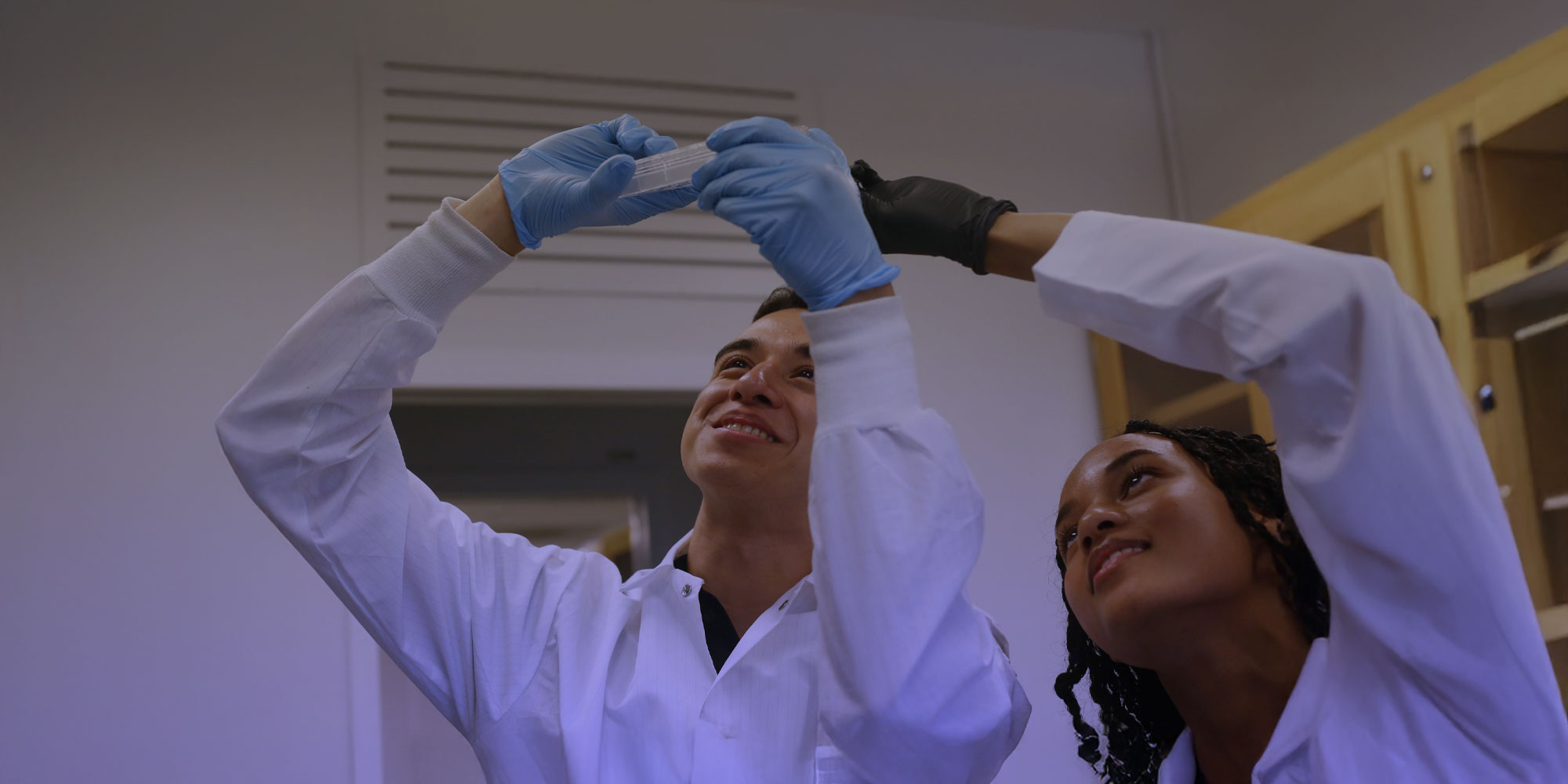
Meet an IGI Scientist: Pamela Ronald
This series introduces the public and fellow researchers to our talented scientists. We interview different IGI members to find out who they are and what makes them passionate about science.
—

Pamela Ronald is a Professor in the Department of Plant Pathology at the University of California, Davis, and the 2020 GCHERA World Agriculture Prize Laureate. Her lab studies genes that control resistance to disease and environmental stress tolerance in food crops, with the goal of improving food security in impoverished areas.
Where are you from?
San Mateo, California.
Why did you become a scientist?
As a kid I spent a lot of time backpacking in the Sierra Nevada mountains with my brothers and wanted to learn more about the natural world.
What do you like to do besides research?
I like to hike, swim, bike, garden, and cook.
Describe a funny memory you have of working in the lab or in research.
When I was young I spent summers backpacking in Desolation wilderness in the Sierra Nevada Mountains with my brothers. One day we hiked to a saddle where we saw a man and a woman with a botany book on their laps. I was fascinated with the idea that one could have a career in plant biology and spend their life hiking through the mountains and identifying flowers. That moment set me on my life path.
Of course now I spend most of my time in the lab and office but I still love botany, studied it in grad school, taught a class in botany at UC Davis and try to maximize my hiking time!
What would you do if you weren’t a scientist?
Bake croissants.
What role do you think science plays in the community and in the world?
Science is critical if we are to make informed decisions on feeding the growing population without further destroying the environment. It is important to vote for political leaders that make decisions based on evidence.
Watch Pam Ronald in conversation with Brian Staskawicz, IGI’s Scientific Director of Sustainable Agriculture, discussing the latest advances in using genome editing and other genetic technologies to promote sustainable agriculture.

 By
Hope Henderson
By
Hope Henderson

